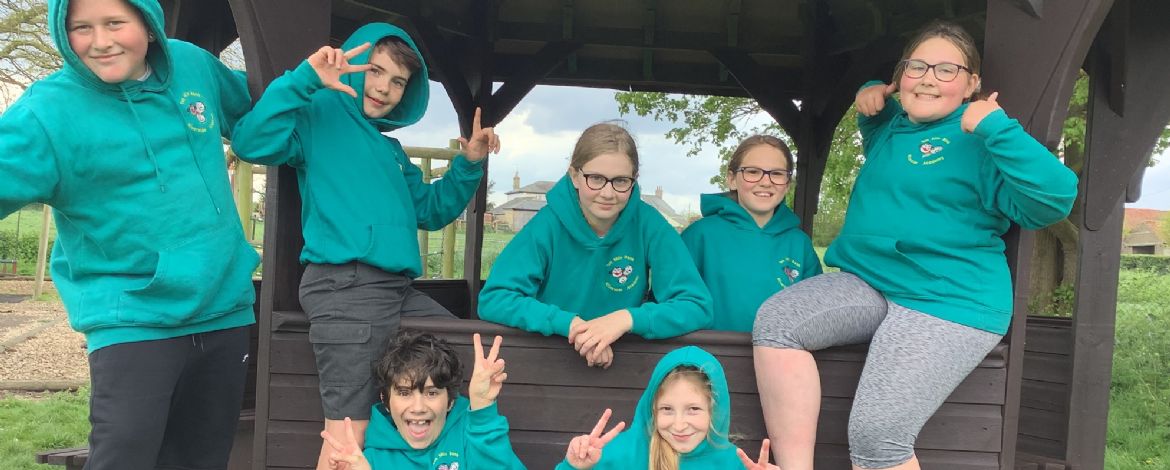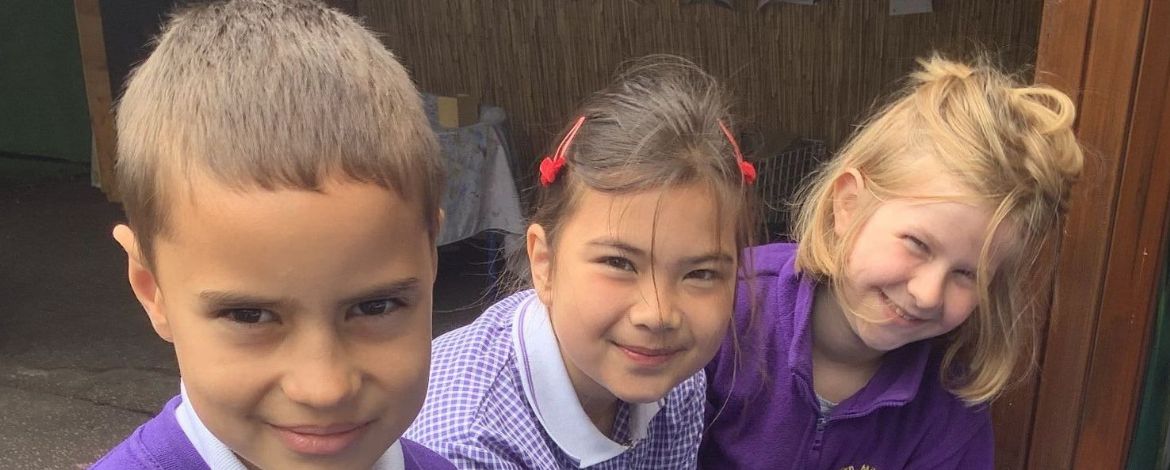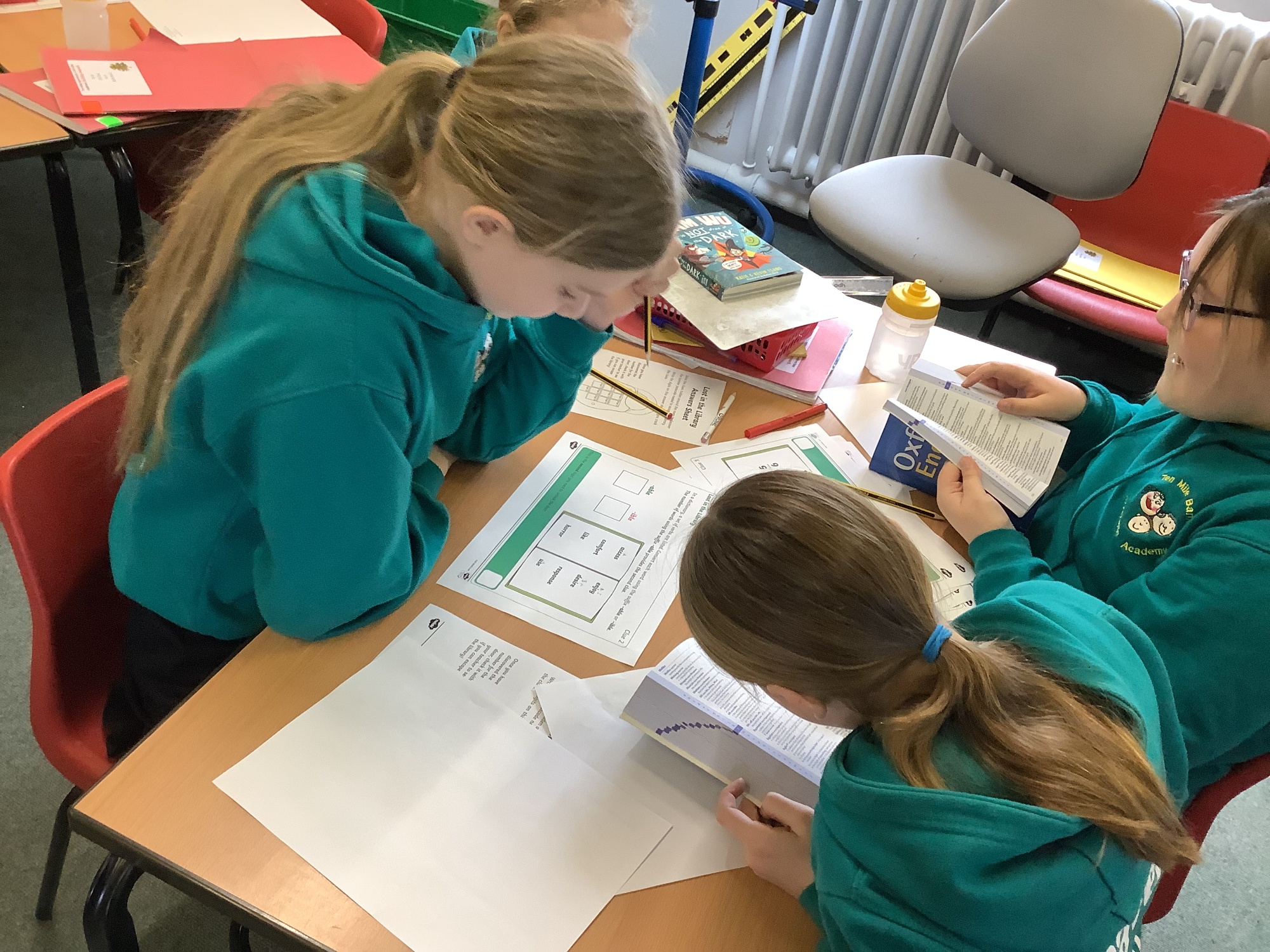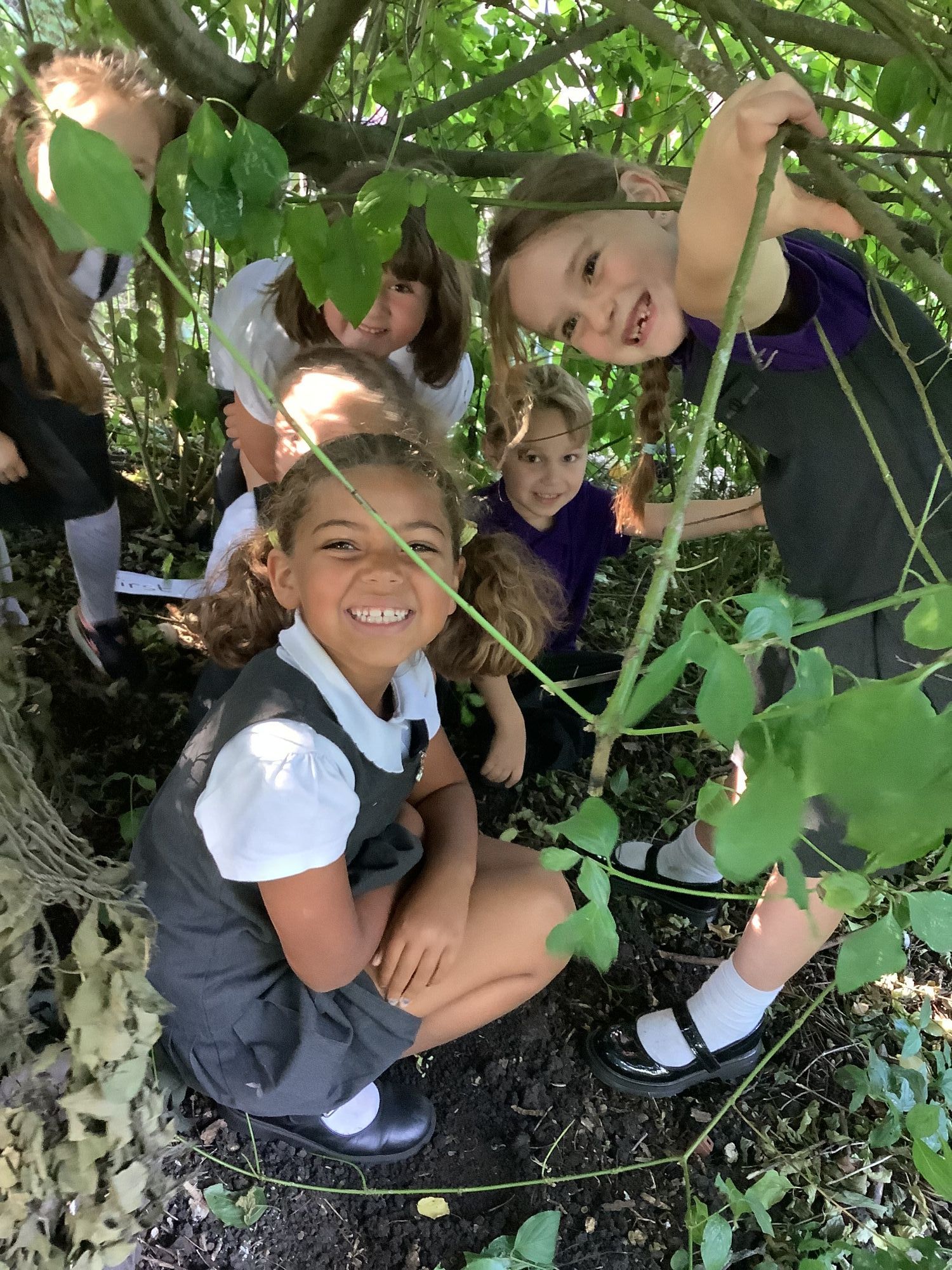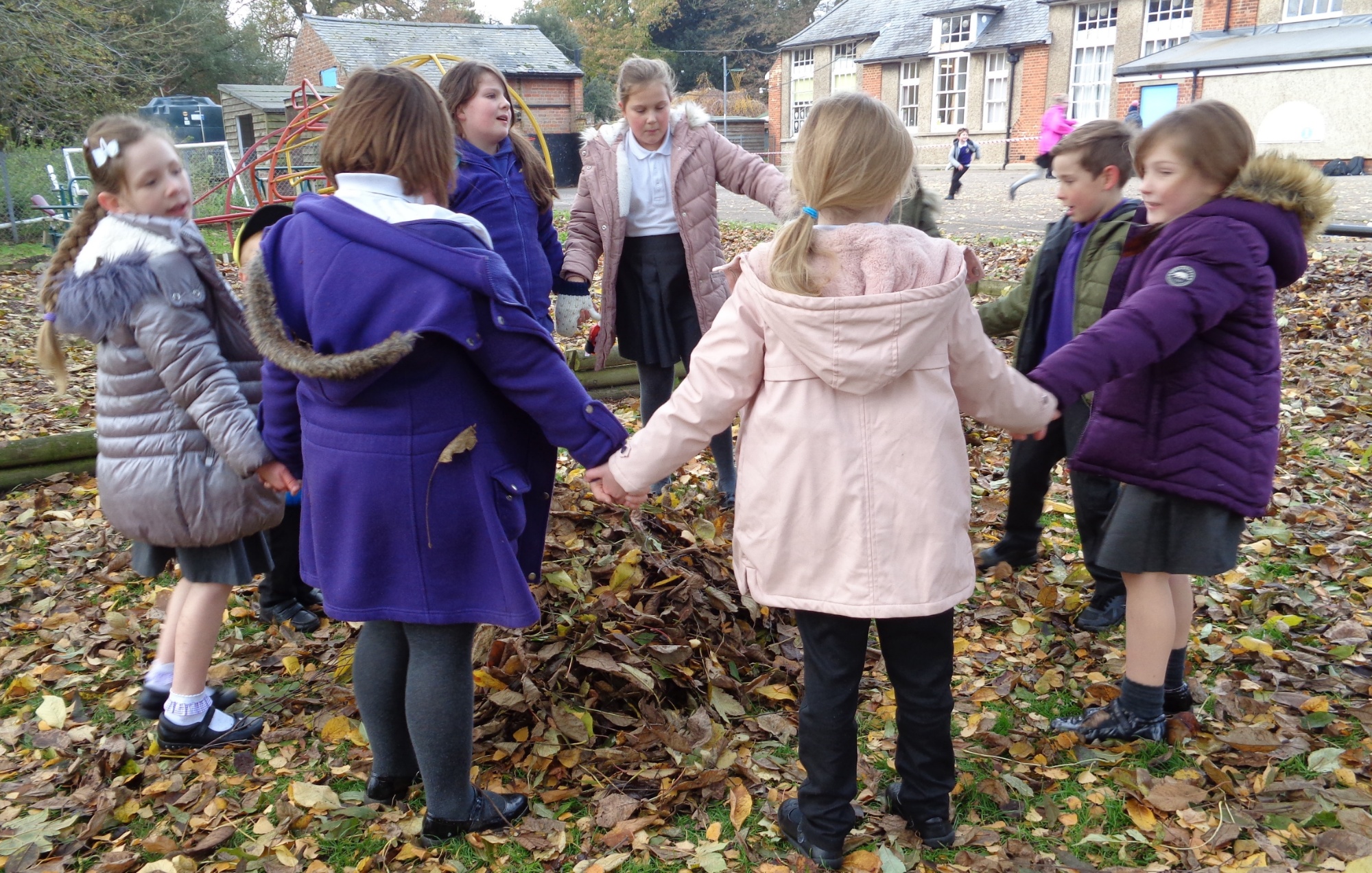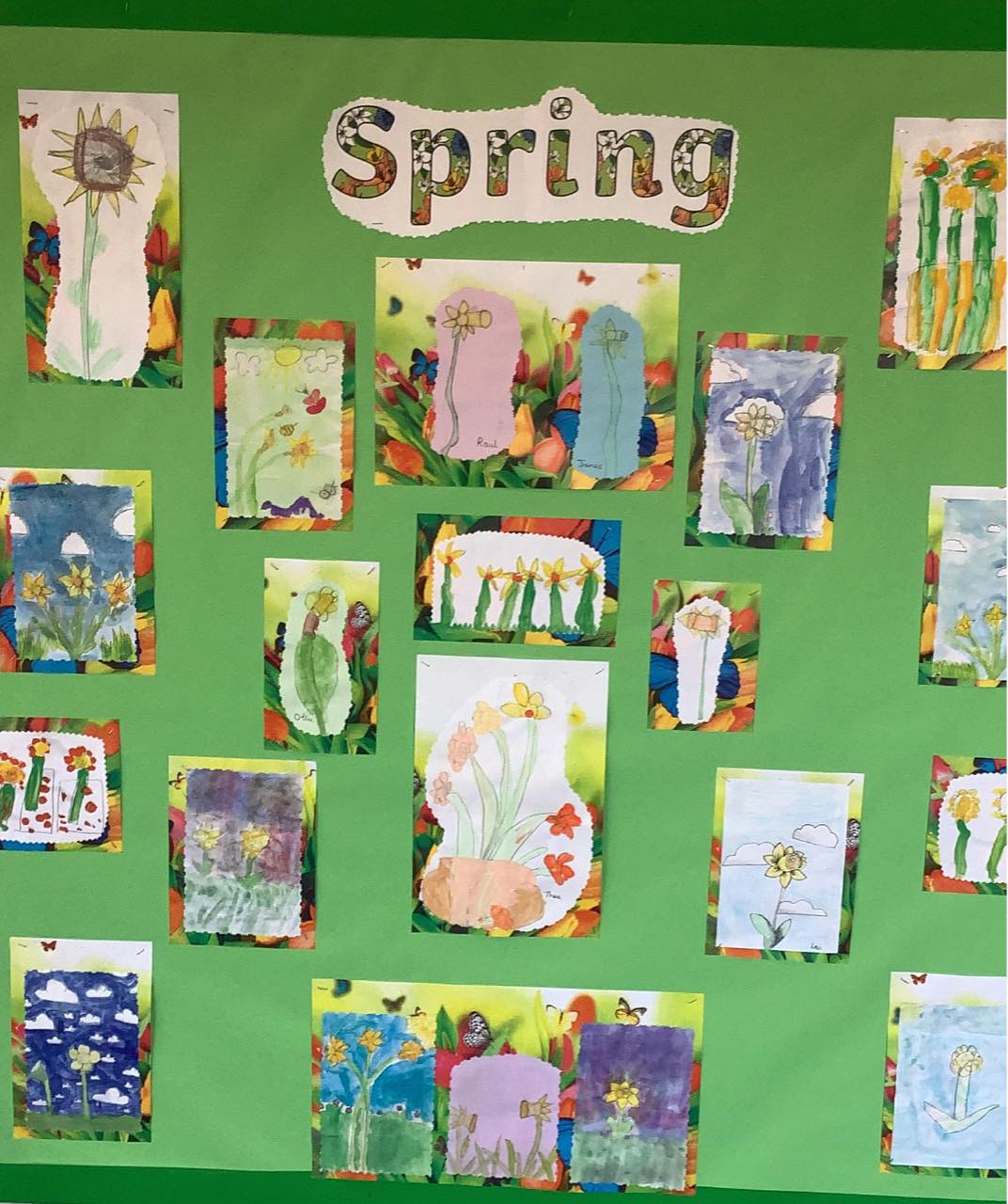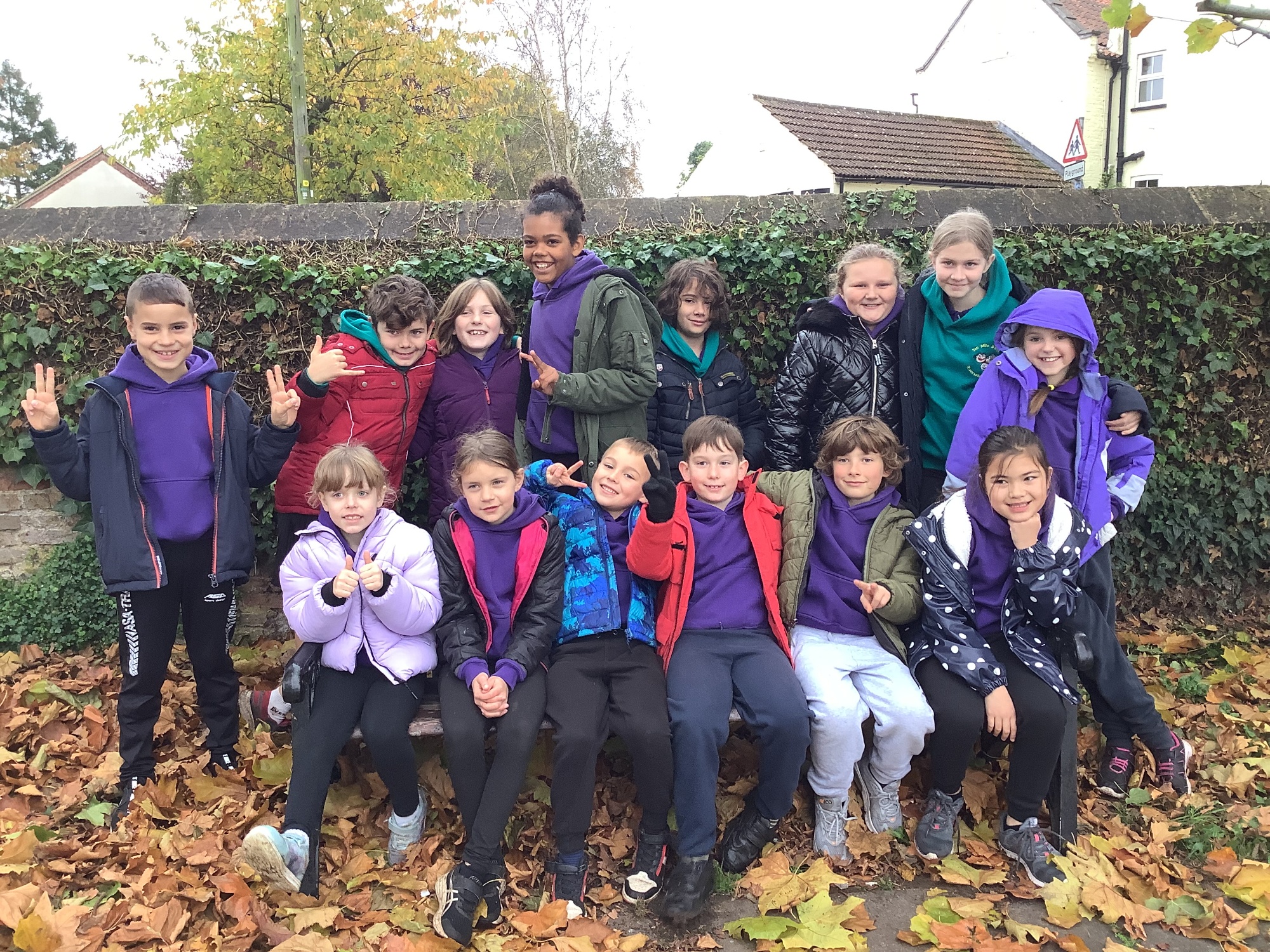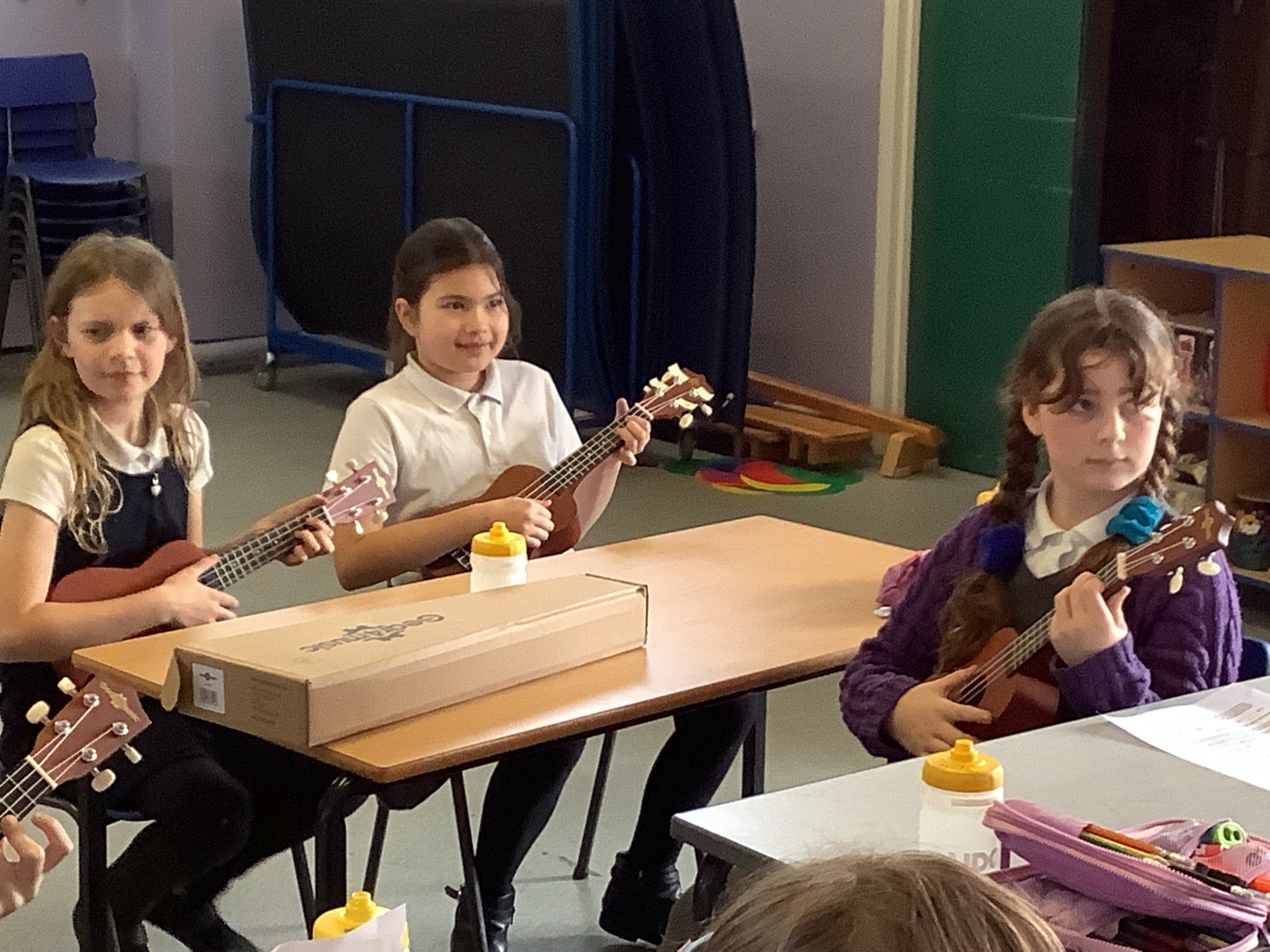English
At our school, we want children to become creative writers, proficient in using a wide range of grammar and vocabulary. Becoming fluent writers enables children to express themselves clearly and effectively for any purpose. Being able to express the knowledge they have will be vitally important as they progress through their education and into the world of work. By the end of KS2, we aim for children to be skilled writers who can select what and how to write and for who.
When teaching writing, we use the Talk for Writing approach, a teaching framework developed by Pie Corbett. It is based on how children learn, allowing them to imitate the language they need before reading and analysing it, and then writing their own version. There are many writing opportunities across the curriculum which further support children’s ability to write for a range of purposes and audiences. Writing is assessed regularly using ‘key learning indicators’, supported by partaking in ‘No More Marking’ national assessments which give a standardised score to better inform teacher assessment.
Reading is at the heart of all learning. It is the gateway to access nearly every aspect of the curriculum. As such, at Riverside we have ensured that our reading curriculum is rigorous and effective with evidence-based training supporting teachers to deliver the most successful lessons possible. Reading widely is also encouraged with many opportunities such as the ‘100 Books to Read at Riverside’ challenge and a specific selection of books celebrating BAME authors and characters. Reading is celebrated and rewarded
Throughout the day, there are many opportunities for children to read; during reading lessons, phonics, within our PKC and RE lessons as well as 1:1 with an adult. Phonics is taught daily using the Sounds Write approach and reading books that are sent home are matched to the children’s individual phonic level. Other books for reading enjoyment are sent alongside these. Whole class reading is taught within classes alongside smaller group sessions where needed. These lessons develop children’s reading fluency, vocabulary knowledge and comprehension. There are also reading opportunities within lessons such as History, Geography, Science and RE to add to children’s ‘reading miles’, expanding their subject specific knowledge and vocabulary. Reading is regularly assessed using DIBELS and Sounds Write diagnostic tests, as well as National assessments.

